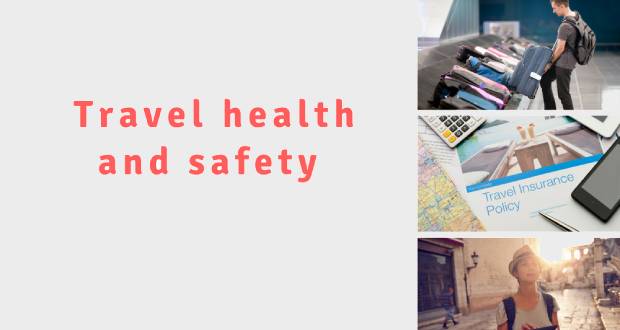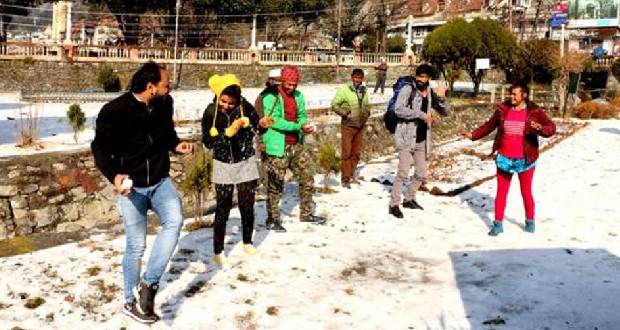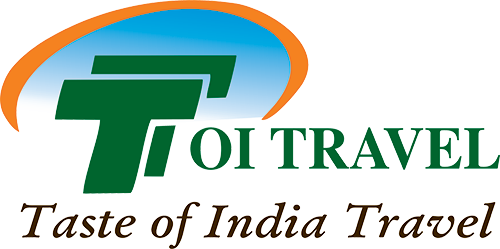Travel Tips for India
VISA
All non-residents require visas for India. Visas are available for between 1 and 6 months. There are different and changing regulations for citizens of different countries, therefore you must check current visa requirements for your nationality with your local Indian embassy or online at indianvisaonline.gov.in

Travel Insurance, Health and Vaccinations
Travel insurance is necessary for foreign travel and should cover all activities you may be undertaking such as adventure sports and trekking. All medicines that are required should be purchased before and carried along. For advice on vaccinations required for India, please see your doctor or check online for all up-to-date information.

Communication and Media
Mobile phone coverage is excellent in India apart from some remote places. Local Sim cards are easily available. Furthermore, Internet connectivity is good with 2g, 3g and sometimes 4g networks available. There are several English language magazines and newspapers published daily and weekly, etc.

Photography and Video
Visitors to India must be aware that some areas are sensitive regards photography and video. Permission must be sought before attempting to snap all government buildings including railway and metro stations, airports, bridges and military installations. Moreover, photography is forbidden in some temples and monasteries and special permission (or extra fee) may be required for snapping some historical monuments, palaces and tombs, etc. Special permits must be taken from the Archaeological Survey of India for photographing historical buildings with tripods and artificial lighting.

Money/Currency
Cash money or traveller’s checks up to the value of USD 10,000 may be imported without declaration. Higher amounts must be declared on arrival although there are no limits to the amount that may be imported. Currency and traveller’s checks may be exchanged easily and conveniently all over India. ATM’s /Credit Card’s are common and accept all major cards.

Sightseeing
Some archaeological monuments are closed on Fridays. We will update concerning this as per requirements. When visiting religious sights, we must remember to respect the local traditions and wear appropriate clothing. Also, when entering some places, we need to be barefoot, so it is sensible to wear shoes or sandals that can be slipped on and off easily.

Tipping
Where no service charge is included, tipping of 5 or 10 percent is normal in restaurants and hotels. Where service charges are included such as in many hotels and restaurants, then it is not necessary. Hotel porters expect 30-50 rupees for carrying baggage.Tour guides and drivers are customarily tipped at the end of the tour depending on the number of days of the assignment and of course, the satisfaction of the customer.

